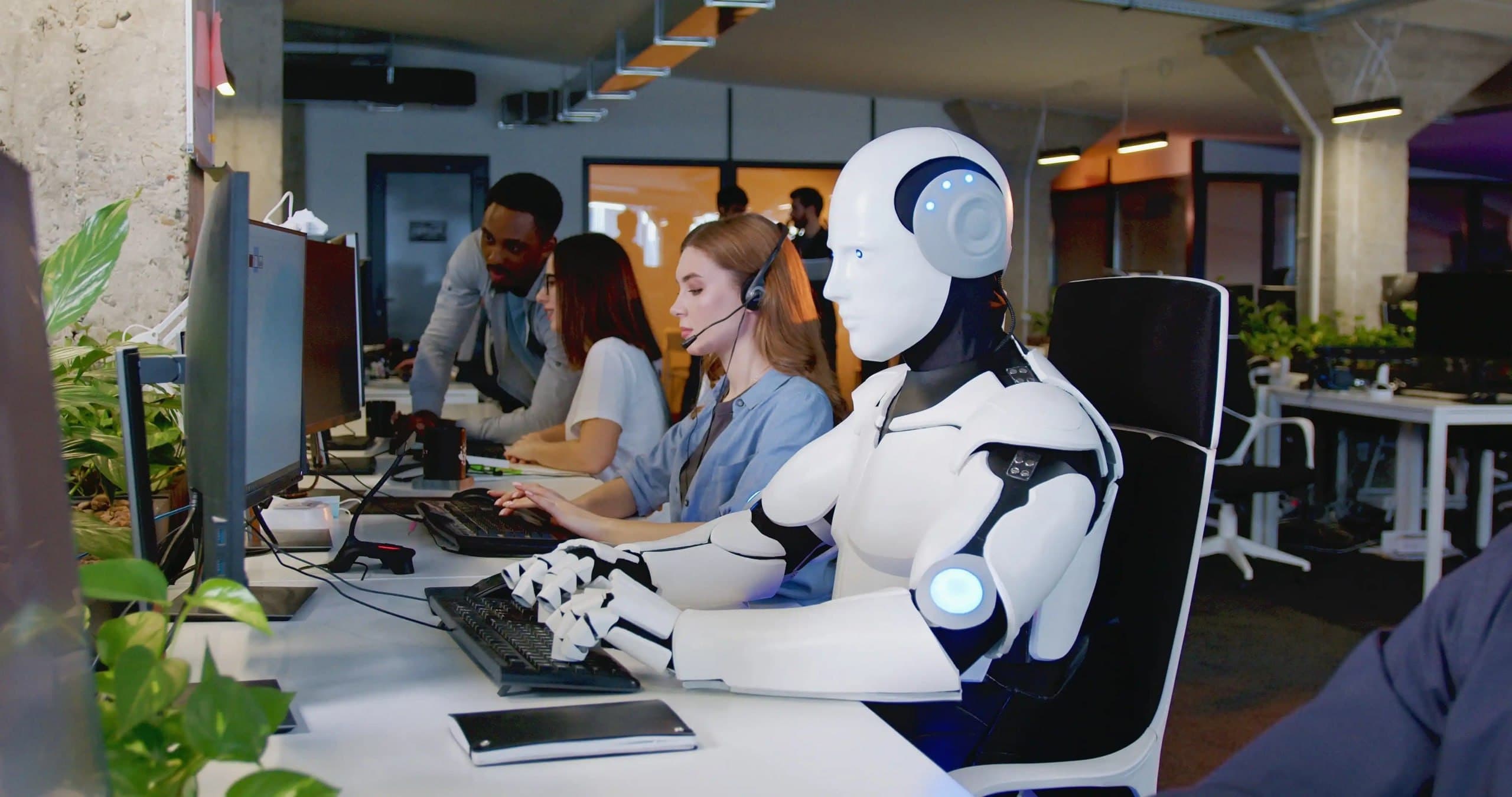Artificial intelligence (AI) has led to a significant decline in job opportunities for young workers in the United States, particularly those aged 22-25, according to a recent study from Stanford University. Employment in roles most vulnerable to AI, such as customer support representatives, accountants, and software developers, has dropped by 13% for this demographic since 2022.
This decline contrasts sharply with the job stability and growth experienced by older employees in similar fields. While young workers in AI-affected professions are struggling to find work, those in less impacted areas are witnessing faster job growth compared to their older counterparts.
The findings underscore a growing concern about the evolving labor market and the widening gap between entry-level and experienced workers. As AI continues to integrate into various industries, the implications for younger professionals could deepen, threatening their career trajectories and financial independence.
As previously reported, the ramifications of AI on employment extend beyond just numbers, reflecting broader societal shifts that may require policy interventions to support affected workers. The economic landscape is poised for further changes as companies increasingly adopt AI technologies.


![[Video] France opens applications for 10-month national service for youth](/_next/image?url=%2Fapi%2Fimage%2Fthumbnails%2Fthumbnail-1768220506872-i17id8-thumbnail.jpg&w=3840&q=75)




![[Video] Gunfire between Iraqi security forces and Sadr militias in Baghdad](/_next/image?url=%2Fapi%2Fimage%2Fthumbnails%2Fthumbnail-1768343508874-4redb-thumbnail.jpg&w=3840&q=75)
